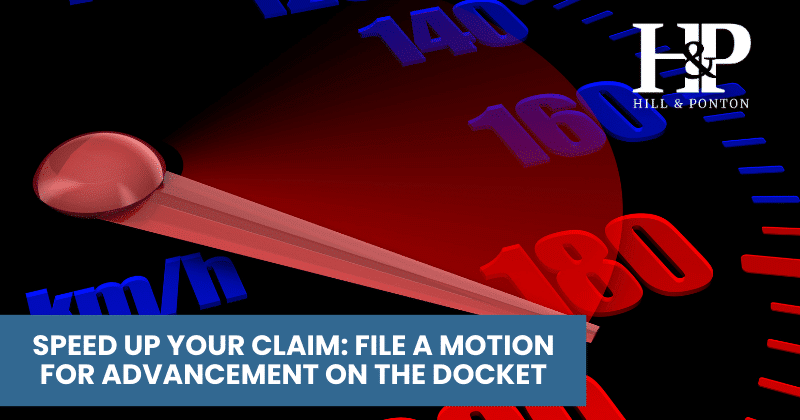Many veterans seeking service-connected compensation benefits from the VA are not aware of the importance of a well-prepared “buddy statement”. These statements can be from your spouse, friend, pastor, adult child, or from a fellow serviceman. A credible and supportive statement may sometimes suffice or be the catalyst to winning a claim.
The VA has the duty to assist veterans in developing a claim for a service-connected disability. It is their obligation to apply the benefit of the doubt doctrine when the record lacks medical evidence either because none existed or were lost or destroyed. The VA is required to review and take into consideration lay evidence, including buddy statements in support of a veteran’s claim. The key is figuring out when such as a statement is needed.
Most medical facilities destroy medical records after a number of years, typically 7-10 years. In these situations, if the medical records are no longer available, you can obtain credible statements to gap the dates of treatment that are missing.
For example, many veterans returning from war may experience symptoms of posttraumatic stress disorder, or other mental health disorder, but frequently fail to seek treatment until a loved one urges them to do so. I’ve seen that a number of years go by as the veteran is trying to enter back into society and lead a productive life. All the while, those around him are noticing the changes since his return from service. Those loved ones who witness the changes are the ones that can provide the most credible observations of the veteran’s symptoms during the period of time when the veteran failed to seek medical treatment, or gap a hole in treatment of medical records that are no longer available. Specifically, the witness can provide a historical narrative of when the veteran was having difficulty coping with stress at work, getting along with co-workers, or not being able to accept direction from an authoritative figure. A close friend or relative can provide information of the veteran’s difficulties with day-to-day activities, such as maintaining hygiene, isolating, or any other change noticed during that period.
We are all aware of the VA losing or misplacing files and records, but sometimes an injury or event did not require a veteran to seek immediate medical treatment or availability to sick bay was out of reach, then a supportive statement may be critical in developing your claim. If you suffered an injury or event in service but no record was kept or was destroyed, then a statement from a service member that served with you and witnessed the event or injury has to be weighed and considered by VA when determining service-connection.
For example, a veteran filed a claim for residuals of a shoulder injury that was sustained during basic training. The VA attempted to obtain the veteran’s service medical records but was unable to do so because they had been destroyed in a fire. The veteran obtained a statement from a serviceman who witnessed the incident as well as medical evidence supporting his assertion that the original injury that occurred in service was the result of his current shoulder problems. The VA determined that lay evidence could be competent and sufficient in this case to identify a medical condition and that the buddy statement supported the veteran’s diagnosis that was rendered, sometimes many years later, by a medical professional.
It is important that the witness issuing the statement describes the event or injury in as much detail as possible. Providing dates and names increase the credibility of the witness.
The VA retains discretion to make credibility determinations when evaluating a statement in support of your claim. Therefore, we recommend that you seek assistance from an experienced VA advocate when preparing a substantiated statement in support of your claim.



